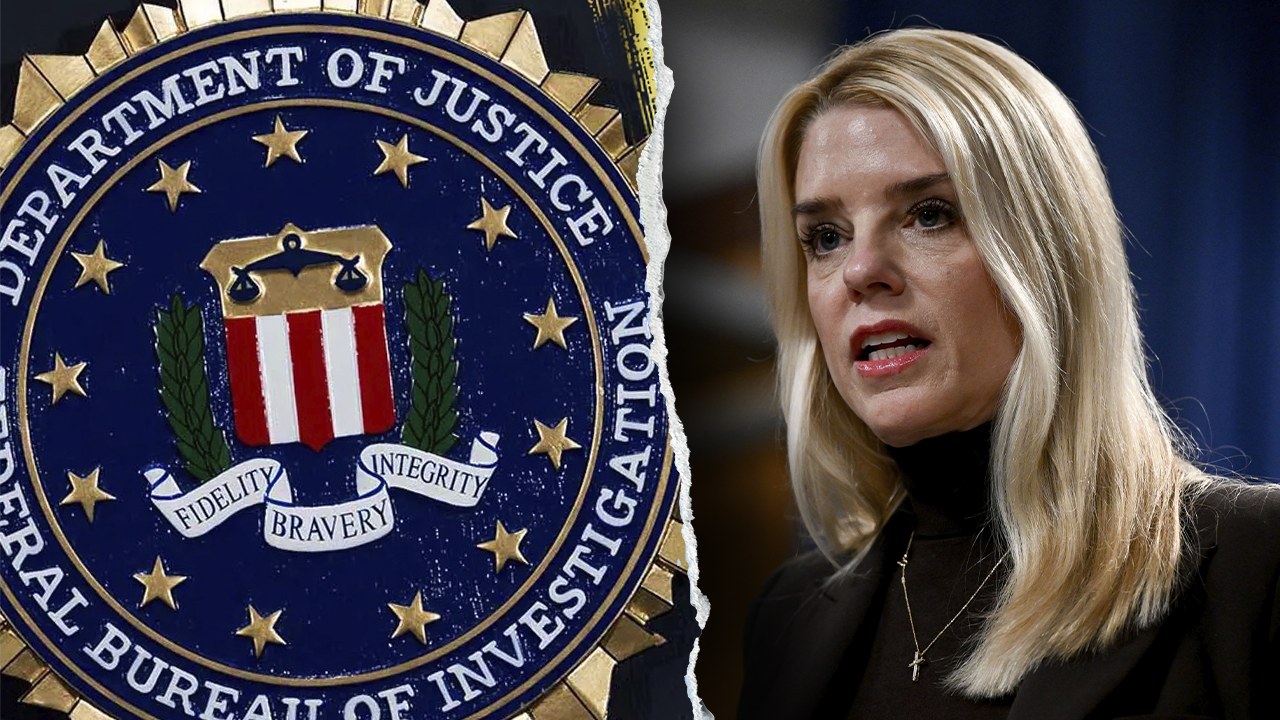ABA urges DOJ to reconsider cutting off judicial nominee ratings

The American Bar Association (ABA) has been involved in rating presidents’ nominees for judgeships for the past seven decades. This process involves rating potential judges as “well qualified,” “qualified,” or “not qualified” based on their experience level, legal writings, and interviews with colleagues and peers. The ABA has historically rated the majority of nominees positively, with at least 97% receiving “well qualified” or “qualified” ratings over the past two decades.
However, the Department of Justice (DOJ) recently announced that it would no longer allow the ABA to have access to nonpublic information about nominees, such as their bar records. Attorney General Pam Bondi accused the ABA of favoring Democratic administrations’ nominees and failing to address bias in its ratings. This decision has sparked controversy and led to the ABA President, William Bay, calling for the DOJ to reconsider.
In response to these developments, Senator Chuck Grassley criticized the ABA for taking partisan stances on political issues and expressed support for the DOJ’s decision. He argued that the ABA could still provide input on nominees independently of the administration. On the other hand, Senator Dick Durbin defended the ABA’s rating process as objective and accused the Trump administration of trying to cover for unqualified nominees.
One notable example of the ABA’s ratings was the “not qualified” rating given to Kathryn Kimball Mizelle, the wife of DOJ chief of staff Chad Mizelle, who serves as a federal judge in Florida. This rating was due to her lack of experience, as the ABA’s criteria for federal judges includes 12 years of legal practice.
Overall, the decision to exclude the ABA from the judicial nomination process has sparked debate and raised questions about the role of the ABA in evaluating potential judges. The ongoing dispute between the ABA and the DOJ highlights the importance of impartiality and fairness in the judicial nomination process.




